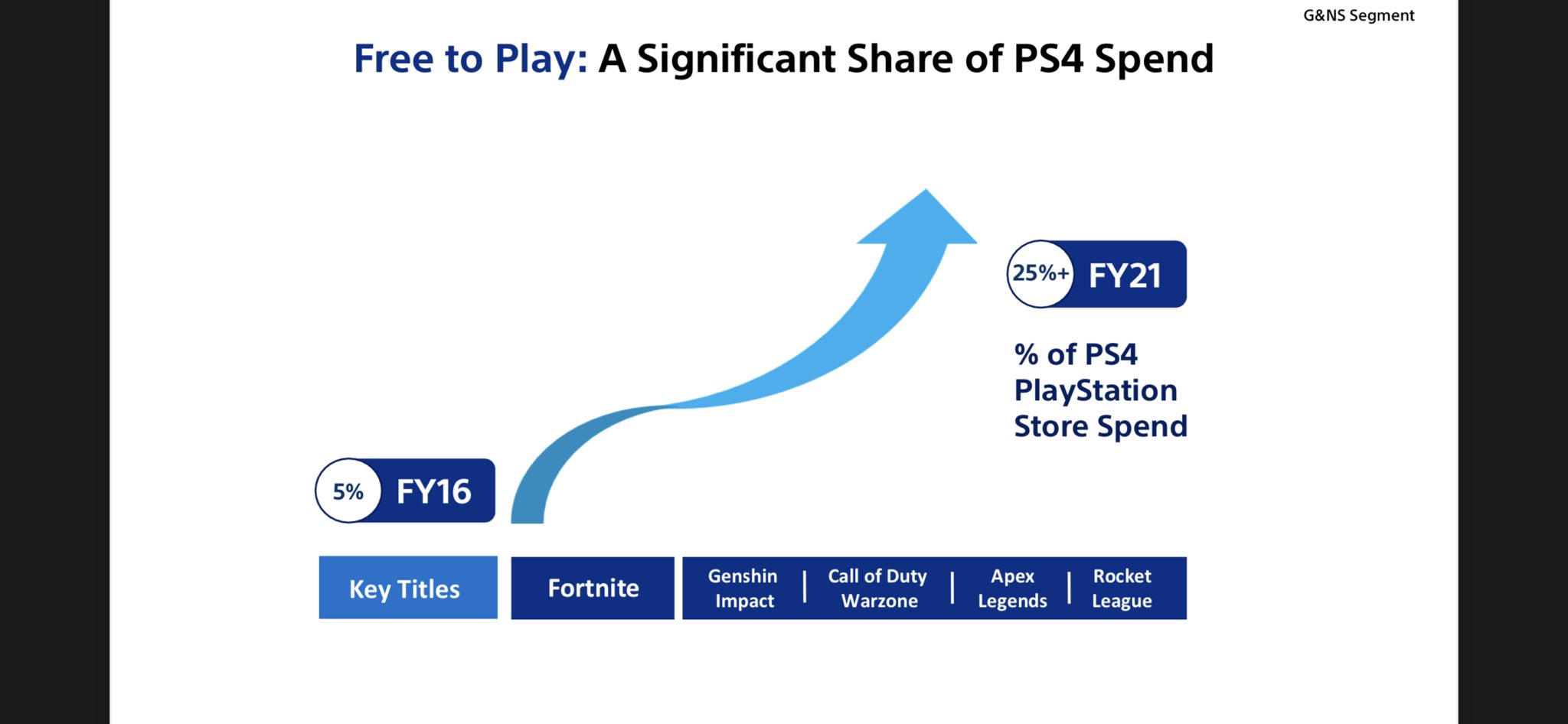- ARPDAUPosted 13 years ago
- What’s an impressive conversion rate? And other stats updatesPosted 13 years ago
- Your quick guide to metricsPosted 13 years ago
Death of the PlayStation: Why Sony’s “evolving” televisions spell the end of the console
Sony has announced plans for a television service that evolves.
In the Financial Times today, Sony CEO and Chairman Sir Howard Stringer said “Sony will have a one-to-one relationship with … customers to offer subscription services, cloud storage of personal content as well as unique entertainment”
And that will all be based around the television. Does this mean the beginning of the end for the PlayStation?
I think so.
Sony Online Service
The key to this offering is the “Sony Online Service”, although Sony are at pains to point out that this only a temporary name. Built on the server infrastructure, billing and login systems of the PlayStation Network, it will allow users to download applications, video and music to Sony devices including TVs, laptops and smartphones.
To my mind, this might be the sign that Sony is finally catching up with the way the world is moving.
The PlayStation 3 was a huge bet that went wrong. Sony bet that consumers would pay a premium for cutting-edge, future-proof technology. Blisteringly fast processors and cutting edge graphics were key. Sony’s original press release was pure techno-porn: “the world’s most advanced Cell processor with super computer-like power.. high quality display in resolution of 1080p… overwhelming computing power of 2 teraflops”. They also lumbered consumers with a high-price point in order to win the format war of Blu-Ray DVD.
Meanwhile, PCs are getting cheaper, iPhone radically changed that distribution and price dynamics of mobile games and freemium/web-based games starting creating new business models that sucked time away from consoles.
And that, of course, is not even mentioning the success of the Wii, which fought a different battle entirely, returning to the idea that games should be fun and accessible to all the family. The low-cost Wii has so far dominated the current console cycle (although recent price cuts mean that the PlayStation 3 and Xbox 360 are having a resurgence).
The future of the console is virtual
But more broadly, the future of consoles is not a plastic box full of expensive chips that sit idly under a television for 90% of the time. That is inefficient, expensive for consumers and fails to deliver what many consumers want – accessible, fun, cheap entertainment.
(I’m going to make a disclaimer here: I’m not talking about hard core gamers. In fact, I’m barely talking about gamers at all, those people who self-describe as gamers and who flame anyone who suggests that the iPhone is a better platform than the PSP or that consoles are doomed. I’m talking about the vast majority of people who see gaming as an alternative form of entertainment alongside books, films and television who would no more describe themselves as a gamer than as a reader, movie buff or telly addict.)
No, the future of the console is virtual. A PlayStation “service” that uses the power of the brand to connect with consumers the world over. There might be a small piece of hardware to fulfil just two functions:
- Connecting wireless peripherals to the television
- Storing some local data
But the majority of processing will take place in the cloud and in the local device, whether that will be a television, a smartphone or a netbook.
Will Sony succeed?
Sony is planning an aggressive rollout. According to the Financial Times, Sony said it could already address 46m customers who own a PlayStation 3 or an internet-enabled television and that it hopes to sell 350m networked devices by 2012.
This is a hugely significant step. Sony is admitting that the future is not about hardware. It’s about being a service. And that is their first step in regaining ground as the pre-eminent gaming brand.
But I have another, bigger fear. Sony is by nature a walled-garden company. It doesn’t believe in open. There is no way that the “Sony Online Service” will win against the open internet if it is closed.
So if you’re listening, Sir Howard, now is the time to be brave. Dump the Sony control mentality and make your televisions, your cameras, your consoles open to the world wide web. Let developers make applications with no approval process. Give them as much data as possible for free (taking a leaf of Google’s book). Make it easy.
If you do that, Sony might win. If not, the Sony Online Service be a long, expensive, drawn-out failure.















